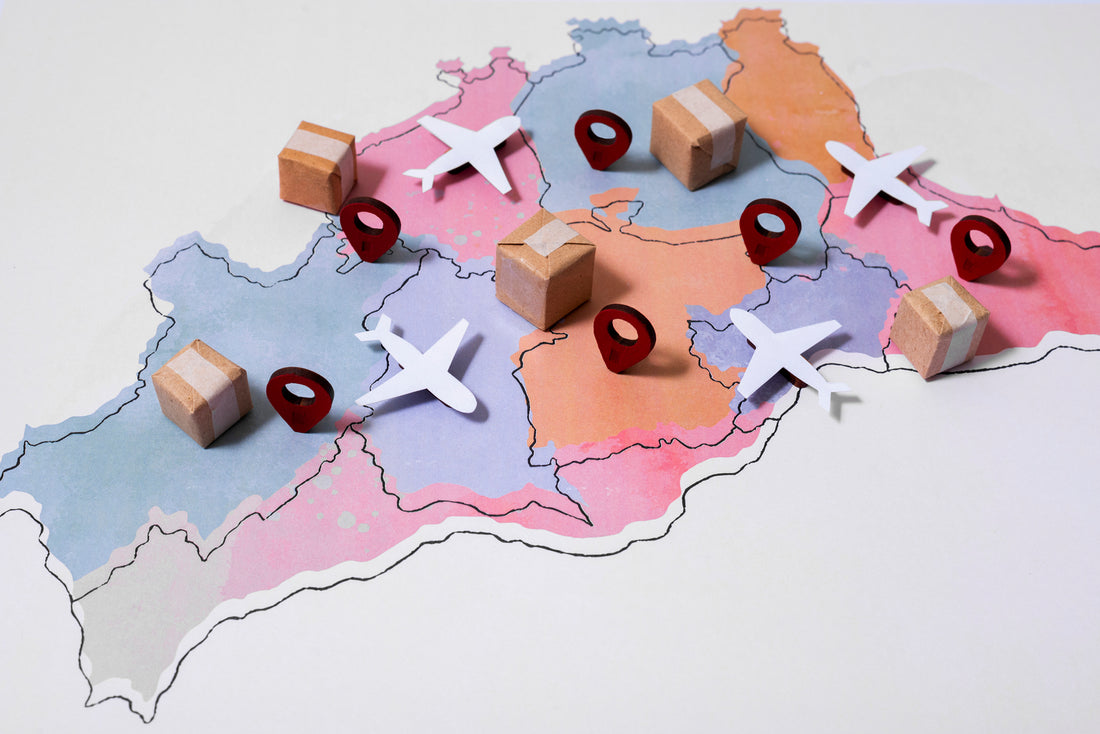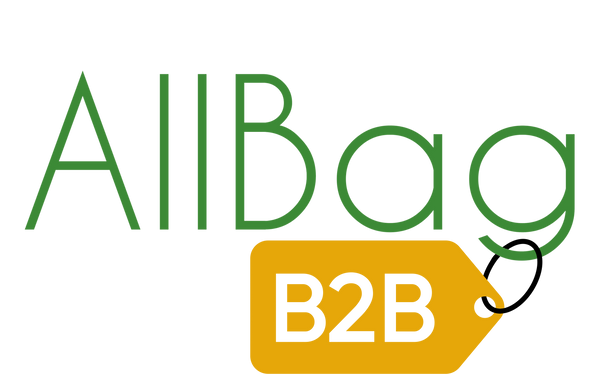
How to record the import of goods from outside the European Union?
Share
Doing business in today's global world often requires importing goods from outside the European Union. However, the process of accounting for such imports can be quite complex and requires knowledge of the relevant regulations and procedures. In this article, we will comprehensively discuss all aspects of accounting for imports of goods from outside the EU to help you settle these transactions efficiently and legally.
Rules and regulations regarding the accounting of imports of goods from outside the EU
Importing goods from outside the European Union is subject to specific legal regulations, knowledge of which is crucial for the proper settlement of such transactions. The most important of these are:
European Union Customs Code 
It sets out the rules for importing goods into the EU customs territory, including documentation, customs procedures, fees and taxes.
Act on Goods and Services Tax
Regulates issues related to the taxation of imported goods, including VAT rates.
Excise Duty Act
It concerns the taxation of certain groups of imported goods, e.g. tobacco products, alcohol or fuels.
Implementing regulations
They specify detailed rules for the application of the regulations, e.g. in the field of customs documentation.
Calculation of taxes and fees when accounting for the import of goods from outside the EU
One of the key elements of accounting for imports of goods from outside the EU is the correct calculation of applicable taxes and fees. The most important of these include:
Import duty
This is a tax collected by customs authorities when goods enter the EU customs territory. Its amount depends on the type of goods, country of origin, and applicable customs duties.
Value Added Tax (VAT)
According to the VAT Act, the import of goods is subject to taxation at the rates applicable in the country of import (usually 23% in Poland).
Excise tax
It applies to selected groups of goods, such as tobacco products, alcohol, and fuels. Excise tax rates are set separately for each product category.
Handling fees
Charged by logistics and forwarding companies for activities related to import processing, e.g. storage, transport, customs clearance.

Documentation necessary for accounting for the import of goods from outside the EU
Accounting for the import of goods from outside the EU requires collecting a number of documents that confirm the transaction and form the basis for settlement. The most important of these are:
- Proforma invoice - a document issued by the supplier, containing information about the goods, price and delivery terms,
- Customs declaration - a form on which imported goods are declared for customs clearance,
- Customs invoice - a document issued by the customs office, confirming the calculation of customs duties and taxes,
- Transport documents - e.g. waybill, bill of lading, confirming the transport of goods,
- Certificates and approvals - documents confirming compliance with quality or safety requirements,
- Insurance - policies covering transport and import risks.
Procedures for accounting for imports of goods from outside the EU
Accounting for the import of goods from outside the EU takes place in several stages:
Step 1: Registration of documents
Entering proforma invoices, customs declarations, customs invoices and other documents into the accounting system.
Step 2: Calculation of dues
Calculation of customs duties, VAT, excise duties and handling fees based on customs documents.
Step 3: Recording in the books
Recording of imported goods in the fixed assets or inventory register, as well as settlement of customs and tax liabilities.
Step 4: Settlement of liabilities
Settlement of payments to the customs office and other entities (freight forwarders, carriers, etc.).
Step 5: Preparation of the declaration
Preparation and submission of VAT and excise tax returns and other required documents.
Step 5: Archiving documentation
Careful storage of all import-related documents.
The most common problems and challenges related to accounting for the import of goods from outside the EU
Accounting for imports of goods from outside the EU poses a number of challenges for businesses. The most common problems include:
- Documentation errors - incorrectly completed customs declarations, invoices, certificates, etc. may lead to delays in customs clearance or incorrect tax amounts being charged,
- Changes in regulations - import regulations are frequently updated, which requires constant monitoring and adjustment of procedures,
- Exchange rate differences - exchange rate fluctuations may result in differences between planned and actual import costs,
- Delivery delays - logistical problems can cause shifts in delivery schedules, which complicates accounting planning,
- Insufficient knowledge of regulations - lack of experience in handling imports from outside the EU may lead to errors or violations of the law.

How to find professional help in accounting for the import of goods from outside the EU?
Accounting for the import of goods from outside the EU is a complex process that requires specialized knowledge and experience. It's worth considering seeking the help of professionals who can provide comprehensive services in this area.
You can use the services of:
- Accounting offices - specializing in accounting services for import transactions, with knowledge of customs and tax regulations,
- Tax advisors - providing advisory services in the field of import settlements, including the calculation of customs and tax duties,
- Customs agencies - offering comprehensive import services, from customs clearance to accounting settlements,
- Logistics companies - which, in addition to transporting goods, can also handle customs and accounting activities.
Precautions and tips for accounting for imports of goods from outside the EU
To efficiently and safely record the import of goods from outside the EU, it is worth remembering a few important issues:
Tracking regulatory changes
Systematically monitor updates in customs and tax law to adapt your procedures accordingly.
Careful verification of documents 
Thorough checking of the correctness and completeness of all import-related documents.
Timely payment of dues
Avoid late payments of customs duties, VAT and other fees to avoid paying penalties and interest.
Documentation archiving
Retain all import documents for the required period, as they may be needed in the event of an inspection.
Cooperation with specialists
Using the help of tax, customs or logistics consultants to ensure correct settlement.
Software Usage
Investment in tools that facilitate import accounting, such as ERP systems or dedicated applications.
Application of software for accounting of imports of goods from outside the EU
Accounting for imported goods from outside the EU is a complex process that can be significantly simplified and automated through the use of specialized software. Commercially available tools allow for:
- Comprehensive handling of import transactions - from document registration, through calculation of fees, to preparation of declarations,
- Automatic calculation of taxes and fees - based on the entered data, in accordance with applicable rates,
- Integration with banking and customs systems - enabling efficient payment and clearance processes,
- Generating reports and analyses - facilitating monitoring and control of the import process,
- Documentation archiving - ensuring the safe storage of all documents.
Accounting for the import of goods from outside the EU is a complex and demanding process that requires knowledge of numerous regulations and a meticulous approach. Key aspects include the correct calculation of applicable taxes and fees, careful recordkeeping, and timely payment of liabilities.

